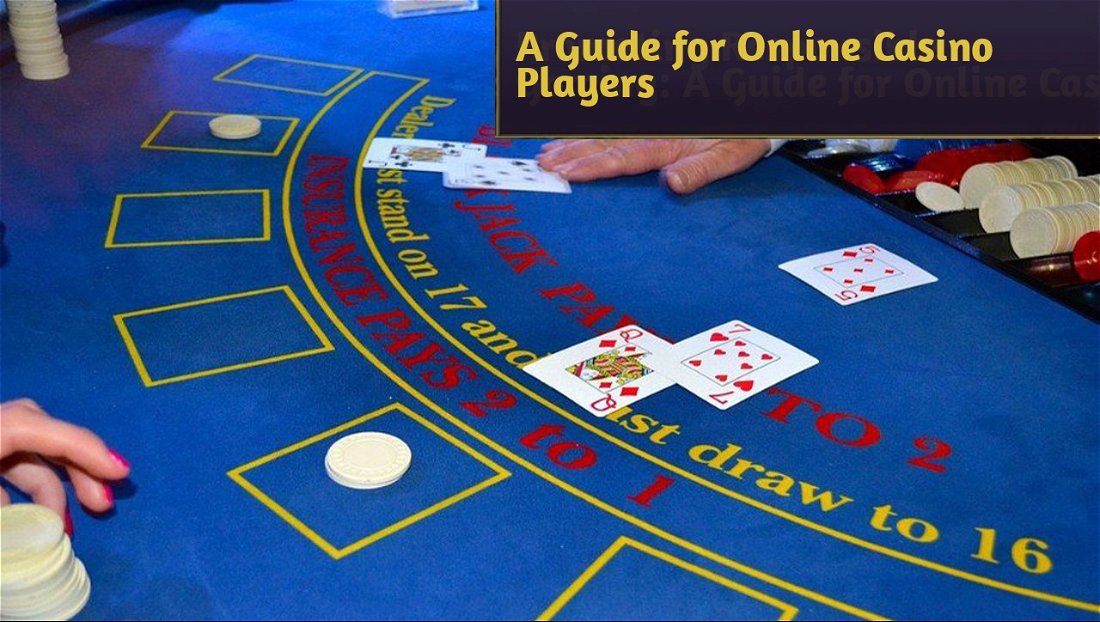Poker is a legendary card game that requires both skill and guts.
A dealer deals a set of players some cards randomly, and they set out to make the best five-card combination at showdown. Fundamentally, players employ different strategies to win the pots or chips through a series of betting rounds.
Now, while the basic gameplay routine of standard poker is straightforward, different game variants have evolved at different times in history. Some of these variants are still very popular today, while the others remain figments of a distant past.

Texas Hold’em
Roughly 70% of all poker games worldwide are a Texas Hold’em game, meaning it is widely considered the most popular form of the game. The game's rules are mostly applied at some of the largest poker tournaments like the World Series of Poker and the World Championship of Online Poker.
Fueling its popularity, this poker type has one of the highest RTPs for players, ranging from 96.5% to 99.47%, depending on the dealer, casino rules, and online sites. As such, Texas Hold’em is widely available across various online casino sites and live casinos.
To get in on the fun, players must first ante up, i.e, place the minimum required bets, if an ante is required in the game structure. Alternatively, in many Texas Hold'em games, two players will post blinds. Then, the dealer or algorithm deals both players two “hole” cards before placing a set of five “community cards” face down on the table. Now, the action commences as the players enter the first betting round as they try using the community cards to make the winning hand of a set of five cards.
After the first betting round, the dealer turns over the first three community cards, known as the “flop”. Another betting round follows this act before the dealer places the fourth community card, known as the “turn,” on the table. Once again, the players enter another betting round while increasing their stakes if they wish.
To draw the curtains on the game, the dealer turns over the last community card, known as the “river,” to kick-start the final betting round, where the stake is again raised if the player has strong cards, or is bluffing.
Now, it’s showtime! Players can decide to fold or show their cards against their opponents to see who has the better hand. You might have to be at a poker table to absorb the energy, but this game is still massively popular online.
Omaha
On a scale of one to ten, Omaha’s popularity can be rated 8, as it is arguably the most popular poker variant after Texas Hold’em. Nonetheless, the difference between its popularity and Texas Hold’em is still quite large, as only a few poker sites accepting traffic from the US offer this poker variant.
Generally, people out for a bit more gaming action opt for this variant ahead of Texas Hold’em. You can find the game on various online poker platforms in several forms, like cash-only games, multi-table tournaments, sit-and-go tournaments, etc.
The gameplay involves using five community cards and four betting rounds, the same as in Texas Hold’em. However, it differs from Texas Hold’em in two significant ways: First, the five community cards are placed on the table face-up progressively through the flop, turn, and river rounds – not all at once. Secondly, the players are dealt four hole cards at the beginning instead of two, as in Texas Hold’em.
In forming their five-card poker hands, Omaha players must adhere to a critical rule: They must use exactly two of their hole cards and three of the community cards. This requirement is what primarily distinguishes Omaha from Texas Hold’em.
There are two more variants of the Omaha poker game, namely Omaha Hi and Omaha Hi-Lo. Omaha Hi is also known as Pot Limit Omaha (PLO), as it is played as a pot limit game. The main difference between Omaha Hi and the standard Omaha game is the betting structure and the strategies that emerge from it. Omaha Hi-Lo, on the other hand, splits the pot between the highest and lowest qualifying hands, adding another layer of complexity.
Draw
Draw poker is one of the earliest variants of a standard poker game. The present popularity of Texas Hold’em and Omaha poker games have relegated draw poker to being seen majorly in classic movies depicting the American Old West era of the 19th century. Draw poker initially eclipsed stud games, claiming the top spot among poker games.
Draw poker games differ from Texas Hold’em because players are dealt a complete hand of five hole cards. After each player gets their hand of five cards, the first betting round, as in Texas Hold’em, begins, and players must decide whether to bet, check, or pass the action to the next player or give up that hand by folding. After this, players enter into a drawing phase where they can change some or all of the cards in hopes of getting a better hand during the showdown.
In the end, the player with the better hands is victorious.
7-Card Stud
Just like draw poker, stud poker also used to be the most popular poker variant a long time ago. Today, its popularity can be rated as 4 out of 10. Nonetheless, you’ll still find this game available at various traditional poker rooms and brick-and-mortar casinos. You can also find it at some online poker sites.
Unlike the similar playing pattern described for the types mentioned above of poker, stud poker doesn’t involve initial hole cards and community cards. The game is played by two to eight players, and the dealer deals each player their cards, with some facing up and others facing down, over multiple betting rounds.
So, after the dealer deals the cards, the first betting round is on. Next, the player with the lowest face-up cards kicks off the betting around with a small bet. Shortly after this, the dealer deals the remaining players another round of cards facing up, but this time, the player with the highest value of revealed cards must place the bets.
This continues for a while, but generally, in a 7-card stud game, the players are dealt seven cards in total, with four facing up and three facing down. To win the game, a player must make the best 5-card combination.










— Kommentare 0
, Reaktionen 1
Sei der erste der kommentiert